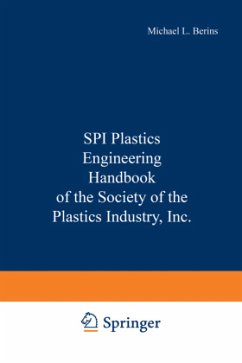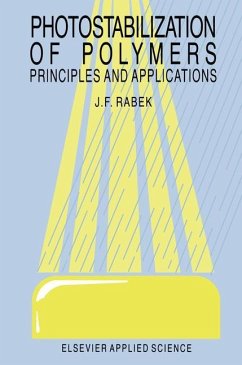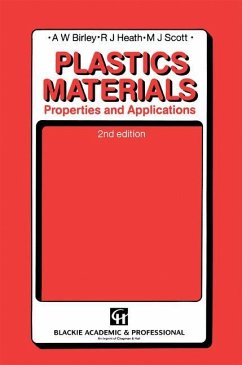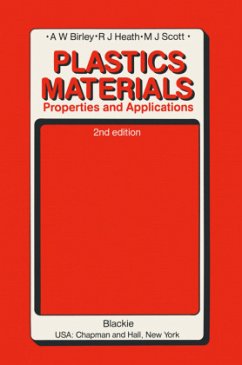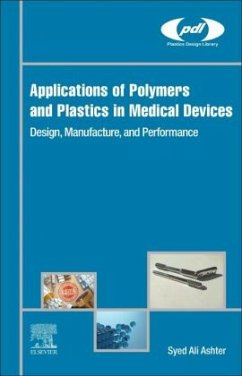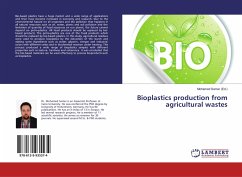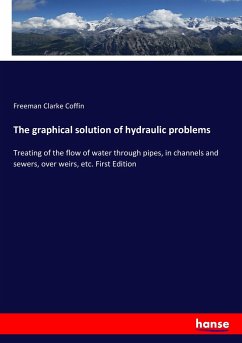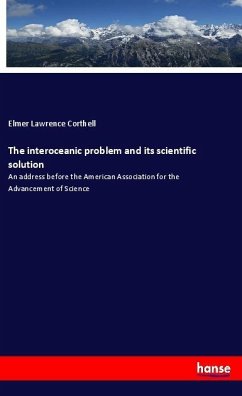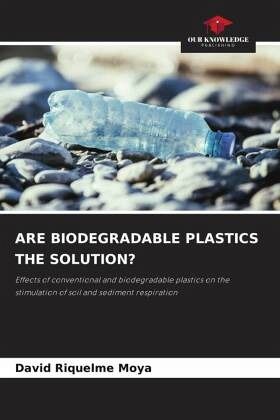
ARE BIODEGRADABLE PLASTICS THE SOLUTION?
Effects of conventional and biodegradable plastics on the stimulation of soil and sediment respiration
Versandkostenfrei!
Versandfertig in 6-10 Tagen
29,99 €
inkl. MwSt.

PAYBACK Punkte
15 °P sammeln!
Plastic pollution is increasing exponentially. In order to minimize this environmental problem, biodegradable alternatives to these materials are being developed and used. However, carbon (C) inputs to the substrate can greatly stimulate respiration. This over-activation can cause degradation not only of the added carbon, but also of the organic matter present in the soil or sediment, which would not degrade without the addition of this C. This is known as the "priming effect". This leads to its release in the form ofCO2, due to respiration by microorganisms, which can have important consequen...
Plastic pollution is increasing exponentially. In order to minimize this environmental problem, biodegradable alternatives to these materials are being developed and used. However, carbon (C) inputs to the substrate can greatly stimulate respiration. This over-activation can cause degradation not only of the added carbon, but also of the organic matter present in the soil or sediment, which would not degrade without the addition of this C. This is known as the "priming effect". This leads to its release in the form ofCO2, due to respiration by microorganisms, which can have important consequences for the capacity of soils and sediments to sequester carbon. This work is a first step in assessing how the presence of large amounts of (bio)plastics could cause soils and sediments, the largest reservoirs ofCO2 on the planet, to reduce their capacity to mitigate climate change.



